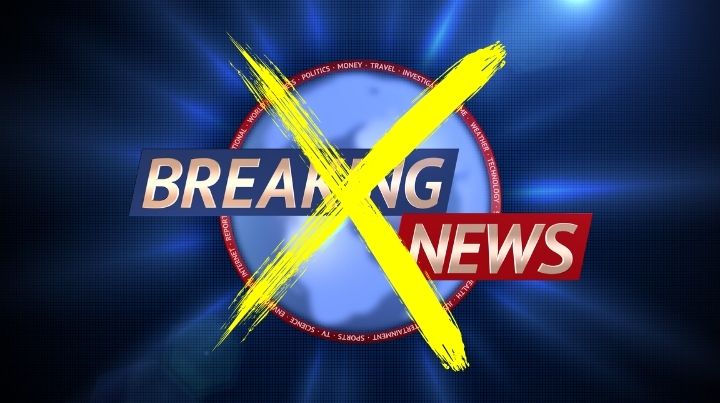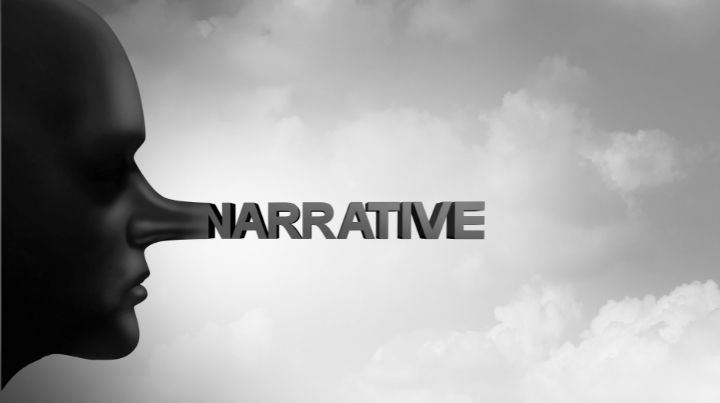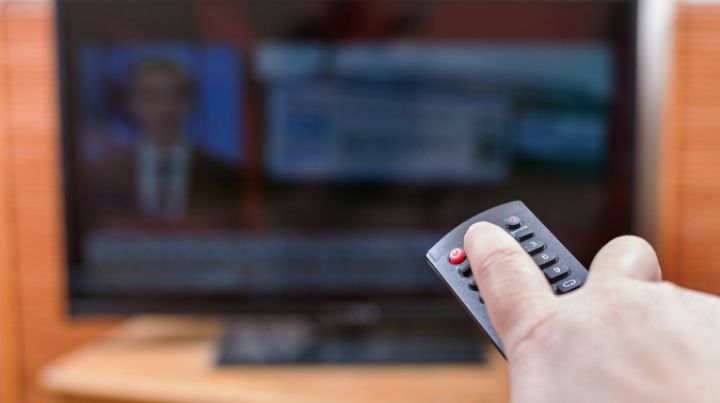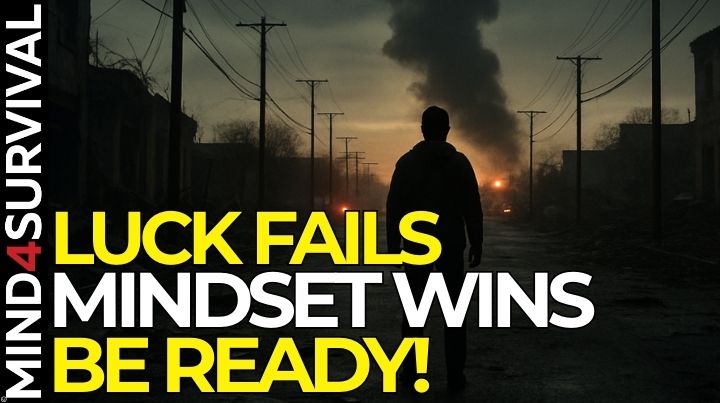Sometimes You Just Need to Turn the News Off

With the advent of the internet, we're hit with a constant barrage of “news” and “information.” Sometimes it's true, and sometimes it's not. And sometimes, you just need to turn the news off.
Don't get me wrong. Staying informed is incredibly important. But lately, it seems like a lot of things have gone way past simple information into opinion and even propaganda.
The Difference Between Information and Propaganda
Many of the most common sources of “news” these days are anything but. Dictionary.com defines news as:
a report of a recent event; intelligence; information; the presentation of a report on recent or new events in a newspaper or other periodical or on radio or television.
This definition indicates that such information will be subject to old-fashioned journalistic standards. In fact, the ethical code of the Society of Professional Journalists clearly states a reporter should, “Label advocacy and commentary.”
However, that isn't what's happening these days. Scandal after scandal has erupted in newsrooms. Both sides of the political spectrum point fingers at major news outlets and call them biased, yet don't take a closer look at the appearance of their own biases in presenting a story.
The difference between information and propaganda is this:
- Information is an unbiased reporting of facts, freeing the reader or listener to form their opinions on the topic.
- Propaganda is a manipulative reporting of facts, leaving the reader subject to emotions that provide their opinion for them.
Find Sources You Can Trust
Obviously, you want information, not propaganda. That's not very easy to find these days. You can go with the lesser of evils and choose an outlet with a bias that is closer to your personal beliefs. But know that you are entering an echo chamber, and you may miss pertinent facts that don't fit their narrative.
Look for sources that don't rely on emotive words or draw conclusions for you. Look for simple reporting of facts.
And when you can't find that, gather a little bit of information from outlets on both sides of the political spectrum and compare. You'll see that the headlines and opinions vary widely, but the event's crux is still the same. Use your critical thinking skills to extract the information and leave the opinion behind.
And then, once you know what you need to know, turn the news off.
What Information Is Essential?
News is a business. They'll breathlessly repeat the same story over and over and turn it every which way to provide a “new” angle to get readers, listeners, and watchers. Have you ever felt glued to the news after a terrible event, like 9/11, the Las Vegas Massacre, or the Boston Bombing? Have you felt like you simply couldn't stop watching the horror unfold?
That's the point at which you definitely need to turn the news off. Make a plan to check in at certain times of day to keep abreast of what's going on. Sign up for an alert system like AlertsUSA or Google keyword alerts. These will let you know if there's something essential that requires your immediate attention.
Define the information that is essential for you. This will differ for everyone to some degree, but the important things to keep track of are things like:
- Severe weather alerts
- Weather forecasting
- Local civil unrest
- Changes in laws that affect you personally
- Warnings about criminal activity in your area
- Upcoming shortages
- Things you can personally control
Nearly everything else is just noise.
Turn the News Off If You're Getting Overwhelmed
Do you find yourself getting sucked in by the news and checking feeds all day long? If this is the case, you need to turn the news off. It's not mentally healthy to invest so much brainpower and time into things that you cannot control.
Does watching the news make you feel any of the following ways?
- Depressed
- Anxious
- Stressed
- Worried
- Angry
- Outraged
If so – the good news is that you're perfectly normal. The bad news is that you are purposely putting yourself into these states of mind by spending too much time being mentally involved in events over which you are powerless. It's important to feel empathy for victims, compassion for those who are struggling, anger toward those who abuse their power, and outrage when you see something wrong occurring.
But this isn't a good way to spend every waking hour. Instead, get the information you need and then do something about it. Take steps to improve your personal situation and try to spend your time in a more productive mental place.
To do that, you definitely need to turn the news off.
Additional Resources:
- Bad Tech & Hard Times
- How to Stay Informed with Google Keyword Alerts
- 31 Best Survival Podcasts
- What Is the Emergency Alert System? Is It Accurate?
Related Articles
FREE Guide
Read the Best Seller
Join Mind4Survival
Stay informed by joining the Mind4Survival! 100% Secure! 0% Spam!
Affiliate Disclosure...
Mind4Survival is a free, reader-supported information resource. If you make a purchase through our link, we may, at no cost to you, receive an affiliate commission.
Do You Want To Be Ready No Matter What?

Download our free 39-page guide with interactive, 7-Day Emergency Kit Checklist and take the first step toward real preparedness.
- Know exactly where to start.
- Save time and money.
- How-to build a complete Basic Emergency Kit.
- Level up your safety and security.
Join Mind4Survival
Stay informed by joining the Mind4Survival! 100% Secure! 0% Spam!







